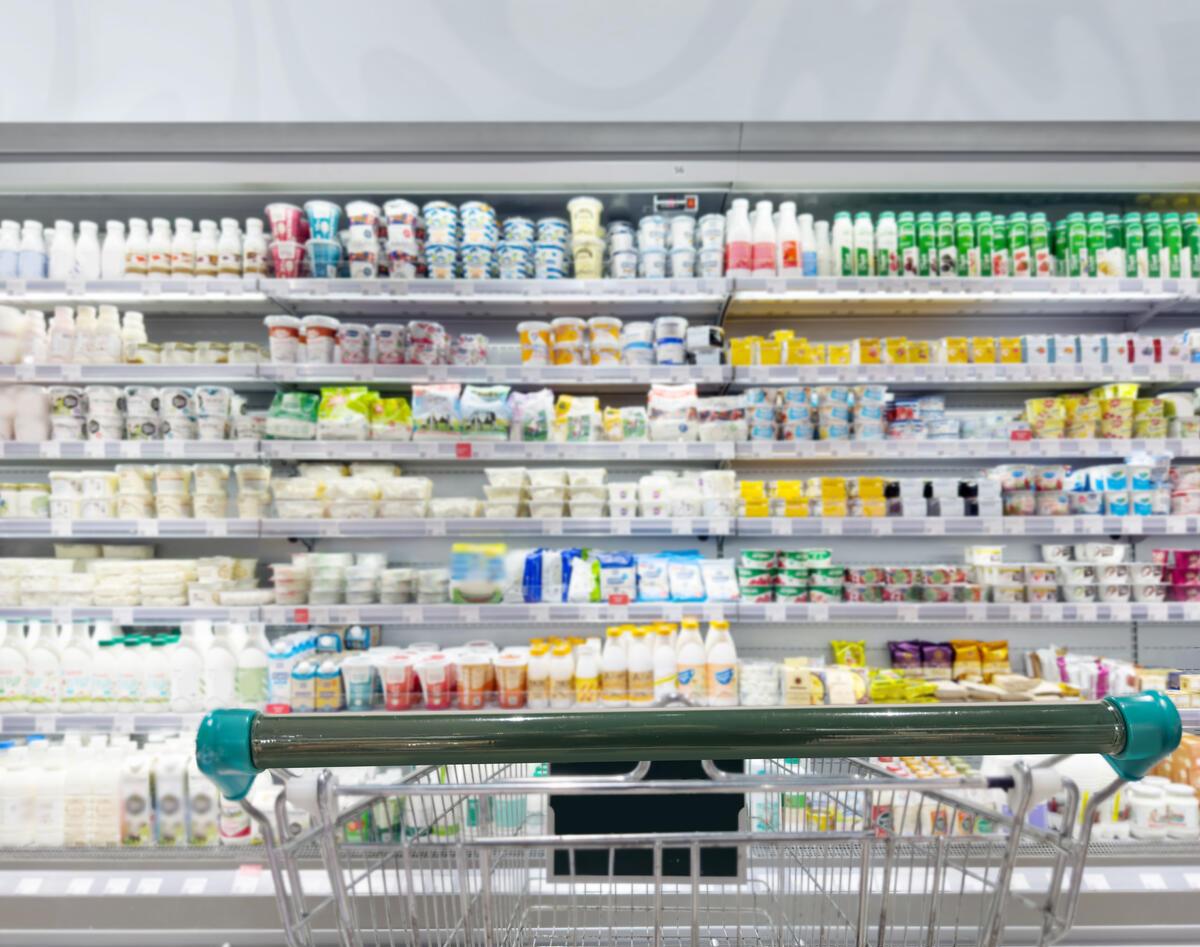Polystyrene is valued for its strength, versatility, and suitability for food packaging. Yet, these very strengths, particularly its durability, have also contributed to concerns about waste. Now, new recycling technology is changing this perception, starting with yoghurt cups. INEOS Styrolution, in collaboration with Unternehmensgruppe Theo Müller, a leading European dairy producer, has developed mechanically recycled polystyrene (rPS) for yoghurt cups—a first for the European dairy industry.
Why polystyrene is ideal for recycling
Polystyrene is particularly suited for food-grade recycling due to its low-diffusion properties, which minimise impurity migration. This makes it a reliable material for maintaining food safety and hygiene standards. Unlike some polymers that degrade during recycling, polystyrene retains its structural integrity, allowing multiple reprocessing cycles without quality loss.
INEOS Styrolution has conducted extensive tests demonstrating that even after numerous extrusion cycles, the material remains stable. This consistency provides food packaging manufacturers with the confidence to use recycled polystyrene in their existing industrial production processes, including extrusion and thermoforming. This distinguishes polystyrene from many other plastics, also ensuring that regulatory and consumer demands for sustainability can be met without compromising performance.
rECYCLED PS: a game-changer for food packaging
Achieving food-grade recycling has been a long-standing challenge in plastics sustainability. Until recently, PET was the only widely accepted polymer for food-contact recyclates. Now, polystyrene has joined its ranks. INEOS Styrolution has developed a recycling process that ensures high-purity rPS, meeting stringent food safety requirements.
The process begins with near-infrared (NIR) sorting technology, which separates polystyrene from mixed plastic waste with a purity level exceeding 99.9%. The material then undergoes hot washing to remove contaminants such as food residues, labels, and pigments. Further refining results in high-quality recycled polystyrene. INEOS Styrolution’s proprietary “super clean process,” registered under EU Regulation 2022/1616, ensures compliance with food-contact standards, placing polystyrene on par with PET.
A key milestone in this initiative was reached in December 2024 when INEOS Styrolution and Unternehmensgruppe Theo Müller successfully produced yoghurt cups made from recycled polystyrene. These cups will soon be available in Lidl supermarkets across Germany, marking a significant step in the practical application of rPS in food packaging.
Ensuring quality & safety
The recycled material has undergone rigorous testing to verify safety, durability, and processing efficiency. Migration safety tests confirm compliance with food regulations, while extrusion trials demonstrate smooth integration into existing manufacturing lines. Packaging and transport tests ensure the cups withstand distribution and handling demands.
To facilitate market adoption, the initial rollout will feature an “ABA” structure, where a layer of rPS is enclosed by conventional polystyrene. Over time, a 30% recycled content standard is expected to become the industry norm. INEOS Styrolution’s production site in Schwarzheide, Germany, is prepared to scale up production as demand grows.
Consumer acceptance: a key factor
The success of sustainable packaging depends on consumer willingness to adopt new materials. In a consumer test at INEOS Styrolution’s Cologne site, over 90% of participants expressed a willingness to purchase yoghurt cups made from rPS. Many also showed openness to alternative packaging colours, reinforcing the feasibility of using recycled materials without reducing consumer appeal.
Expanding possibilities
The successful implementation of recycled polystyrene in yoghurt cups is just the beginning. The same principles and technologies can be extended to other applications, such as food trays, medical packaging, and consumer goods. As recycling infrastructure expands and more businesses adopt circular practices, polystyrene’s potential to contribute to a closed-loop system will continue to grow.
Beyond reducing plastic waste, mechanically recycled polystyrene offers substantial environmental benefits. It reduces greenhouse gas emissions by 50% compared to conventionally produced polystyrene and requires significantly less energy to produce. This material also fulfils the requirements of global sustainability initiatives, such as the European Union’s Packaging and Packaging Waste Regulation (PPWR).
The successful introduction of rPS yoghurt cups is just the beginning. The same principles and technologies can be applied to other food packaging, medical supplies, and consumer goods. As recycling infrastructure expands and businesses adopt circular practices, polystyrene’s role in a closed-loop system will continue to grow.
Beyond reducing plastic waste, mechanically recycled polystyrene cuts greenhouse gas emissions by 50% compared to virgin polystyrene and requires significantly less energy to produce. This material also fulfils the requirements of global sustainability initiatives, such as the European Union’s Packaging and Packaging Waste Regulation (PPWR).
The road ahead: circularity in action
As the food packaging industry evolves, polystyrene’s role in sustainable packaging will only grow stronger, offering an efficient, high-performance, and environmentally responsible option for food-contact applications. The journey toward circularity is gaining momentum, and polystyrene is proving is proving to be a crucial part of this shift. And by working alongside industry partners, retailers, and consumers, INEOS Styrolution is ensuring that recycled polystyrene is not just viable—it is essential for the future of sustainable packaging.

